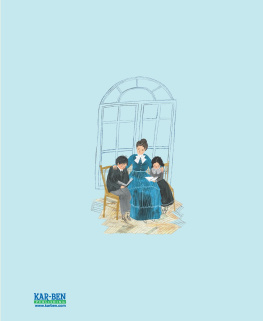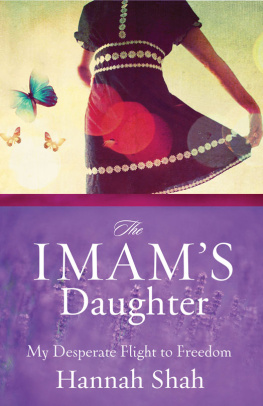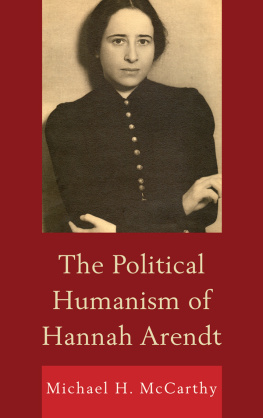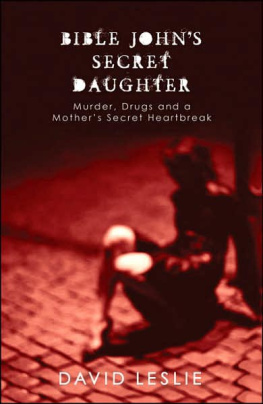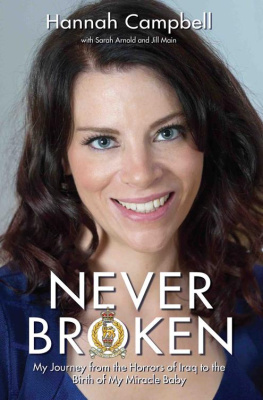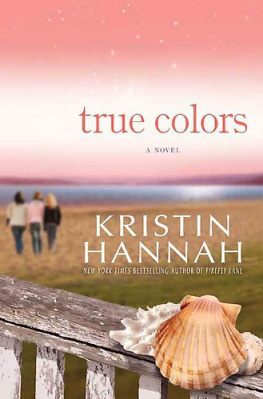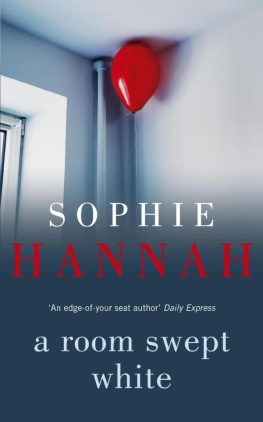All rights reserved, including the right to reproduce this book or portions thereof in any form whatsoever. For information address
Free Press Subsidiary Rights Department,
1230 Avenue of the Americas, New York, NY 10020
FREE PRESS and colophon are trademarks of Simon & Schuster, Inc.
W HAT DO YOU wear to meet your father for the first time? Its 5:30 P.M. local time. I am in a room in the Ambasoira Hotel, in the center of Asmara, the capital of Eritrea. I arrived three days ago, after nearly thirty years of waiting. I left this place when I was six months old and have not returned until now. My cousin Manna has just called to say he will be here to pick me up in a taxi in ten minutes time. From the Ambasoira we will drive through the center of Asmara, along the palm-tree-lined Liberation Avenue, and across town to the area of Mai Tameni. Waiting for me in Mai Tameni are my father, three brothers, and a sister, none of whom I have ever met. Some women plan their wedding day from the moment they are old enough to draw a white dress. I have always planned this moment.
The first step in finding my birth family was telling my dad I was planning to go to Eritrea. Tracing my birth family felt like the most disloyal thing I could do. I hate it when people call my dad my adoptive dad: it feels like they are dismissing him, relegating him to second best. But telling him I wanted to trace my birth family was like the ultimate betrayal: Thanks for choosing me, thanks for looking after me for the last thirty years, but Ive decided that my life just isnt complete until I meet the people that couldnt even be bothered to keep me. Thats what telling him felt like.
The tracing dilemma goes to the heart of what it means to be adopted. Questions of blood and identity, of what makes someone family and what it means to be a parent, or a child, all come to a head when tracing is brought into an already heady mix. If my birth father is still alive, whose child am I?
So heres the scenario: you tell your parents you want to trace; they take it badly, your relationship is ruined; you then go and find your birth parents, but they dont want to know youand bingo, youre back where you started, parentless, only youre too old for an orphanage. Thats why so many adoptees trace in secret. Not because were naturally sneaky or manipulative, not because were ungrateful little shits (what one friend was called when she told her mother she wanted to trace), but because we live in fear of rocking the parental boat.
But not telling my dad was never really an option, partly due to my particular circumstances. I was born in 1974, in a hidmo (a large hut) in a village outside Keren, Eritrea. To those who have never heard of it, I describe Eritrea as running along the coast of the Horn of Africa, looking out across the Red Sea, and sharing borders with Ethiopia, Sudan, and Djibouti. Eritrea is roughly the same size as Pennsylvania, but with a population of just 3.5 million (roughly that of Los Angeles). Even by African standards Eritrea has not had an easy time of it. From the sixteenth century, when it was part of the Ottoman Empire, to the nineteenth-century Scramble for Africa, when Eritrea became an Italian colony, this small country has constantly had to fight for its right to exist. Everyone wants a piece of it. The piece they want in particular tends to be Massawa, the port once known as the Pearl of the Red Sea, which has been held variously by the Portuguese, Arabs, and Egyptians, as well as the Turks, British, Italians, and, of course, the Ethiopians.
I say and of course the Ethiopians because thats the reply I tend to get when I tell people where Im fromAh yes, isnt Eritrea part of Ethiopia? Hardly. At the last count approximately eighty thousand people have died in the struggle for Eritreas independence from Ethiopia, a battle that, lasting over thirty years and with flare-ups as recently as 2000, holds the dubious honor of being Africas longest war.
In 1941, after nearly half a century of Italian rule, the British took control of Eritrea as occupied enemy territory. They held it until 1952, when, courtesy of the United Nations, Eritrea was federated with Ethiopia under the sovereignty of the emperor of Ethiopia, Haile Selassie. Soon after, Eritrean leaders were booted out of office and Amharic (Ethiopian) replaced Tigrinya (Eritrean) and Arabic as the official language. In 1962, as a final insult to the countrys people, Selassie annexed Eritrea and made it a province of Ethiopia. The country had been swallowed up completely and no longer existed on maps of Africa. By the early 1960s, after years of being ignored by the international community, Eritrean resistance to Ethiopian rule (the Struggle) had truly begun. It was a wholly uneven battle, however: Eritreas tiny guerrilla force against Ethiopias comparatively massive army, which was funded by two superpowers (the Americans and then the Russians). The war, and the famine and poverty that came with it, emptied the country (even today, a third of the population is living in exile) and filled the orphanages. Finally, in 1991, the Eritrean Peoples Liberation Front (EPLF) took Asmara, and Eritrea won its independence.
In 1974 my dad was teaching politics at the University of Khartoum, nearby in Sudan. His wife, Marya, was doing volunteer work with Catholic nuns, also in Khartoum. The nuns told Marya about the orphanage in Eritrea and she decided to pay a visit. She left with me. Long before the images of Romanian orphanages started a trend, long before the Chinese baby girl scandals in the tabloids, long before it was fashionable, I was adopted because my parents wanted to make a difference. The orphanage told Marya I had no family: my mother had died in childbirth, my father not long after. I weighed five and a half pounds, was malnourished, and was covered in chicken pox. If she did not take me, the orphanage said, Id probably be dead in six months.
I went with her to Khartoum; she guessed I was about six months old.
Four years later, Marya, a loving but deeply depressed woman, took an overdose. My dad wanted to return to England, but was anxious about taking a young child there while he didnt have any means of support. It was decided I should go to stay with family friends while my dad sorted himself out. Nothing strange there, thenapart from the fact that these friends lived in Norway.
A few months in Norway turned into a couple of years, due to the combined bureaucracy of immigration and international adoption. By the time my dad came to get me, I was fluent in Norwegian. Only. I have plenty of memories from Norwaysleighing in the winter, picnics in the summer. To this day I take childish pride in the fact that the Norwegian national day is near my own birthday on the calendar.



